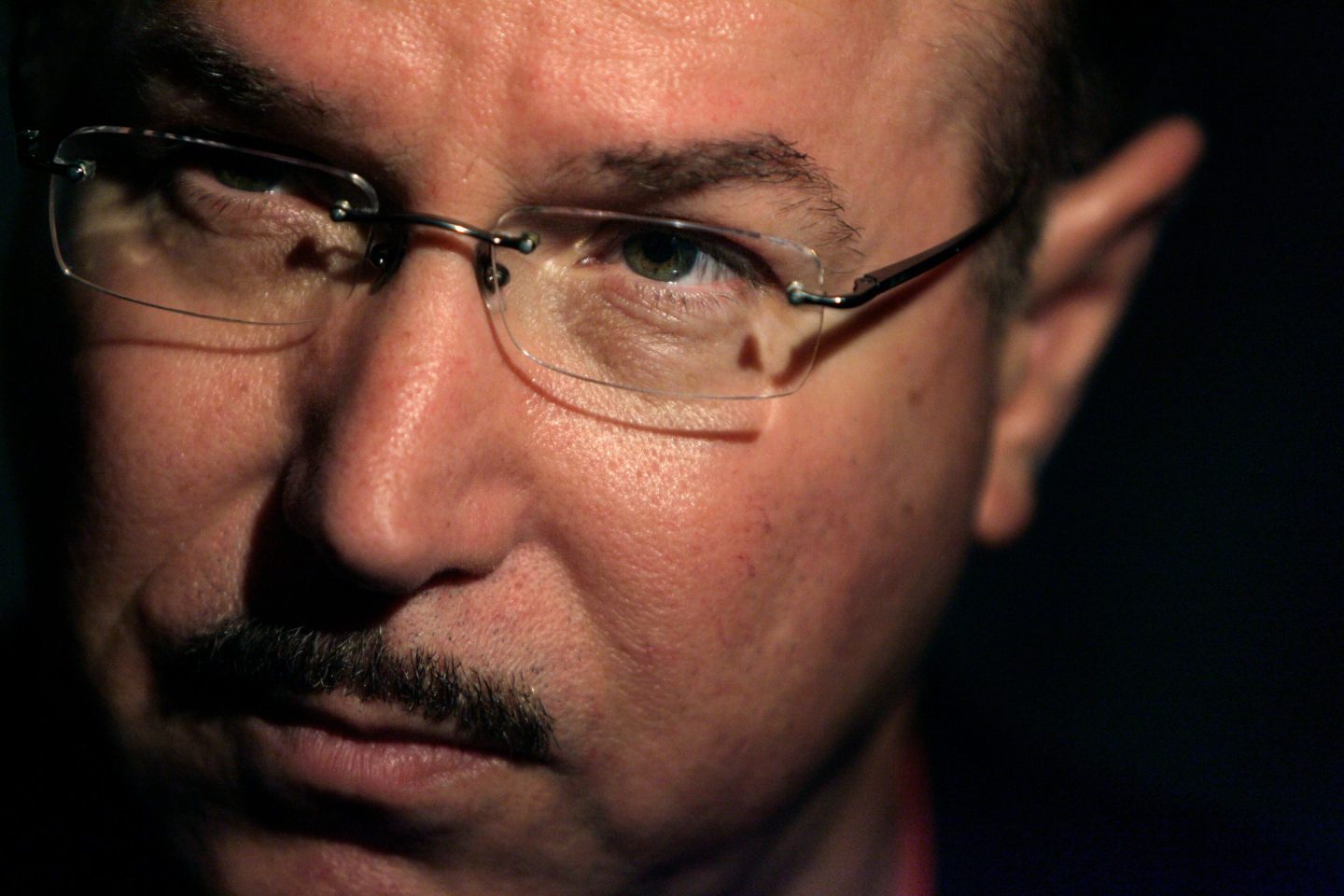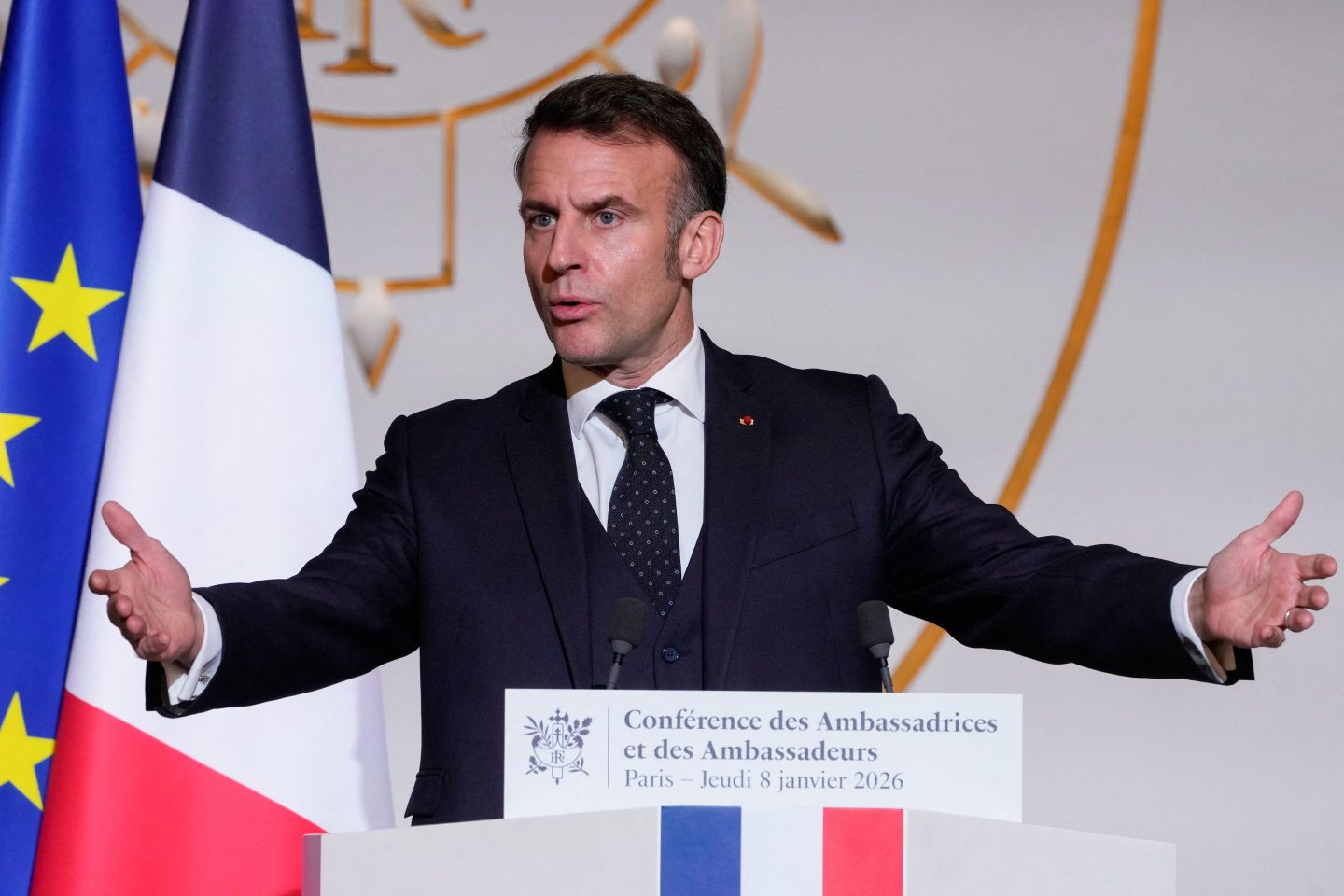Victor Conte, the architect of a scheme to provide undetectable performance-enhancing drugs to professional athletes including baseball stars Barry Bonds and Jason Giambi and Olympic track champion Marion Jones decades ago, has died. He was 75.
Conte died Monday, SNAC System, a sports nutrition company he founded, said in a social media post. It did not disclose his cause of death.
The federal government’s investigation into another company Conte founded, the Bay Area Laboratory Co-Operative, yielded convictions of Jones, elite sprint cyclist Tammy Thomas, and former NFL defensive lineman Dana Stubblefield along with coaches, distributors, a trainer, a chemist and a lawyer.
Conte, who served four months in federal prison for dealing steroids, talked openly about his famous former clients. He went on television to say he had seen three-time Olympic medalist Jones inject herself with human growth hormone, but always stopped short of implicating Bonds, the San Francisco Giants slugger.
The investigation led to the book “Game of Shadows.” A week after the book was published in 2006, baseball Commissioner Bud Selig hired former Senate Majority Leader George Mitchell to investigate steroids.
The Steroids Era
Conte said he sold steroids known as “the cream” and “the clear” and advised on their use to dozens of elite athletes, including Giambi, a five-time major league All-Star, the Mitchell report said.
“The illegal use of performance-enhancing substances poses a serious threat to the integrity of the game,” the Mitchell report said. “Widespread use by players of such substances unfairly disadvantages the honest athletes who refuse to use them and raises questions about the validity of baseball records.”
Mitchell said the problems didn’t develop overnight. Mitchell said everyone involved in baseball in the prior two decades — including commissioners, club officials, the players’ association and players — shared some responsibility for what he called “the Steroids Era.”
The federal investigation into BALCO began with a tax agent digging through the company’s trash.
Conte wound up pleading guilty to two of the 42 charges against him in 2005 before trial. Six of the 11 convicted people were ensnared for lying to grand jurors, federal investigators or the court.
Bonds’ personal trainer Greg Anderson, pleaded guilty to steroid distribution charges stemming from his BALCO connections. Anderson was sentenced to three months in prison and three months of home confinement.
Bonds was charged with lying to a grand jury about receiving performance-enhancing drugs and went on trial in 2011. Prosecutors dropped the case four years later when the government decided not to appeal an overturned obstruction of justice conviction to the Supreme Court.
A seven-time National League MVP and 14-time All-Star outfielder, Bonds ended his career after the 2007 season with 762 homers, surpassing the record of 755 that Hank Aaron set from 1954-76. Bonds denied knowingly using performance-enhancing drugs but has never been elected to the Baseball Hall of Fame.
Bonds didn’t respond to an email seeking comment.
Conte told The Associated Press in a 2010 interview that “yes, athletes cheat to win, but the government agents and prosecutors cheat to win, too.” He also questioned whether the results in such legal cases justified the effort.
Conte’s attorney, Robert Holley, didn’t respond to an email and phone call seeking comment. SNAC System didn’t respond to a message sent through the company’s website.
Defiant about his role
After serving his sentence in a minimum security prison he described as “like a men’s retreat,” Conte got back in business in 2007 by resuscitating a nutritional supplements business he had launched two decades earlier called Scientific Nutrition for Advanced Conditioning or SNAC System. He located it in the same building that once housed BALCO in Burlingame, California.
Conte remained defiant about his central role in doling out designer steroids to elite athletes. He maintained he simply helped “level the playing field” in a world already rife with cheaters.
To Dr. Gary Wadler, a then-member of the World Anti-Doping Agency, Conte may as well have been pushing cocaine or heroin.
“You are talking about totally illegal drug trafficking. You are talking about using drugs in violation of federal law,” Wadler said in 2007. “This is not philanthropy and this is not some do-gooding. This is drug dealing.”
The hallway at SNAC System was lined with game jerseys of pro athletes, and signed photographs, including athletics stars Tim Montgomery, Kelli White and CJ Hunter, all punished for doping.
Conte wore a Rolex and parked a Bentley and a Mercedes in front of his building. He told the AP in 2007 he wouldn’t drive over the speed limit.
“I’m a person who doesn’t break laws anymore,” he said. “But I still do like to look fast.”
Years later, he met with the then-chairman of the World Anti-Doping Agency, Dick Pound.
“As someone who was able to evade their system for so long, it was easy for me to point out the many loopholes that exist and recommend specific steps to improve the overall effectiveness of their program,” Conte said in a statement after the meeting.
He said that some of the poor decisions he made in the past made him uniquely qualified to contribute to the anti-doping effort.
SNAC System’s social media post announcing Conte’s death called him an “Anti-Doping Advocate.”
___
Associated Press writer Janie McCauley contributed to this report.












